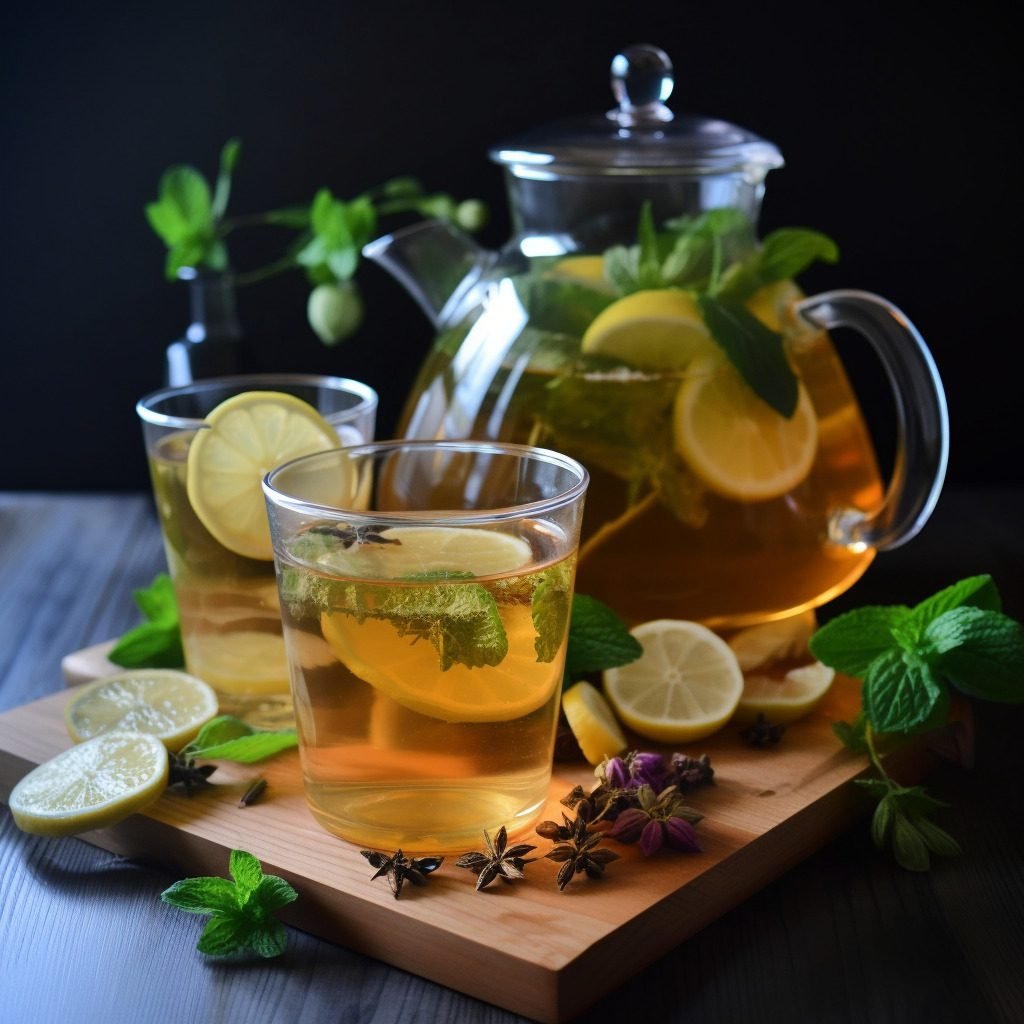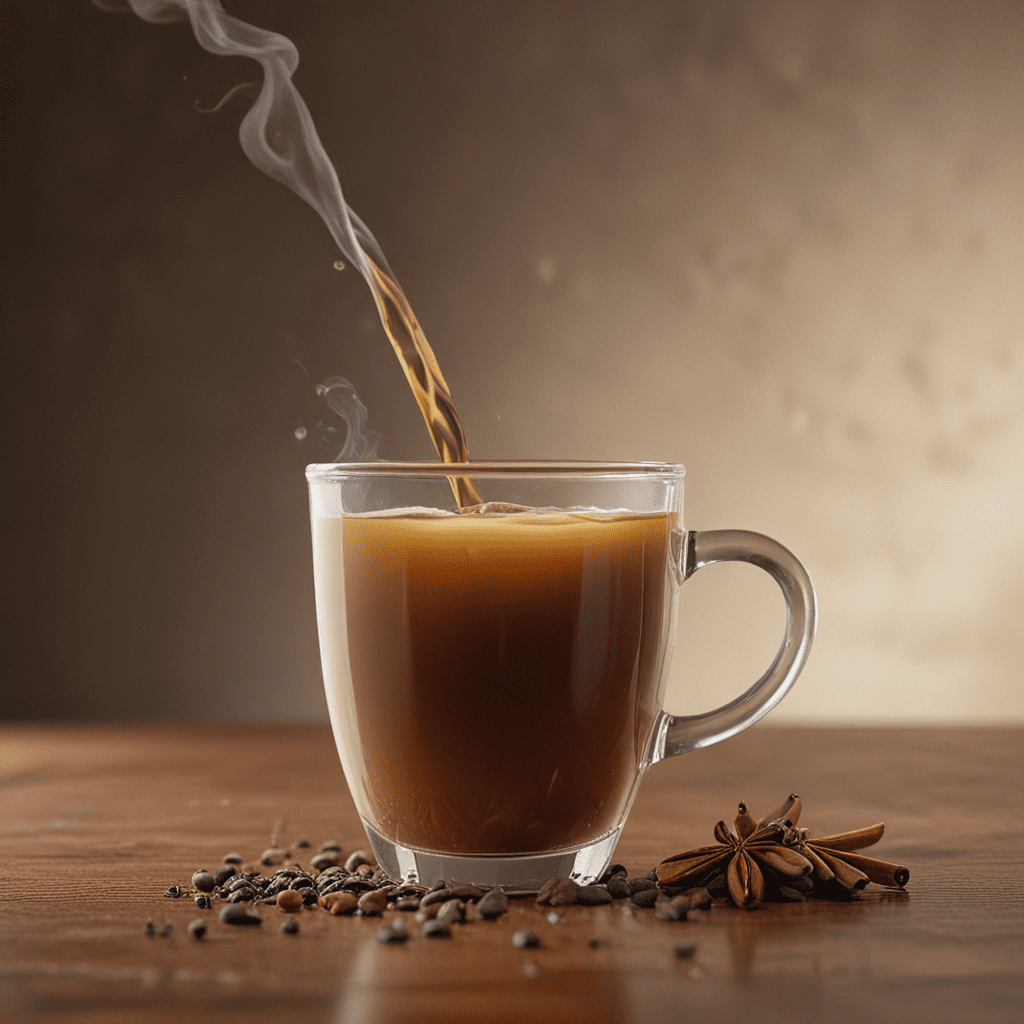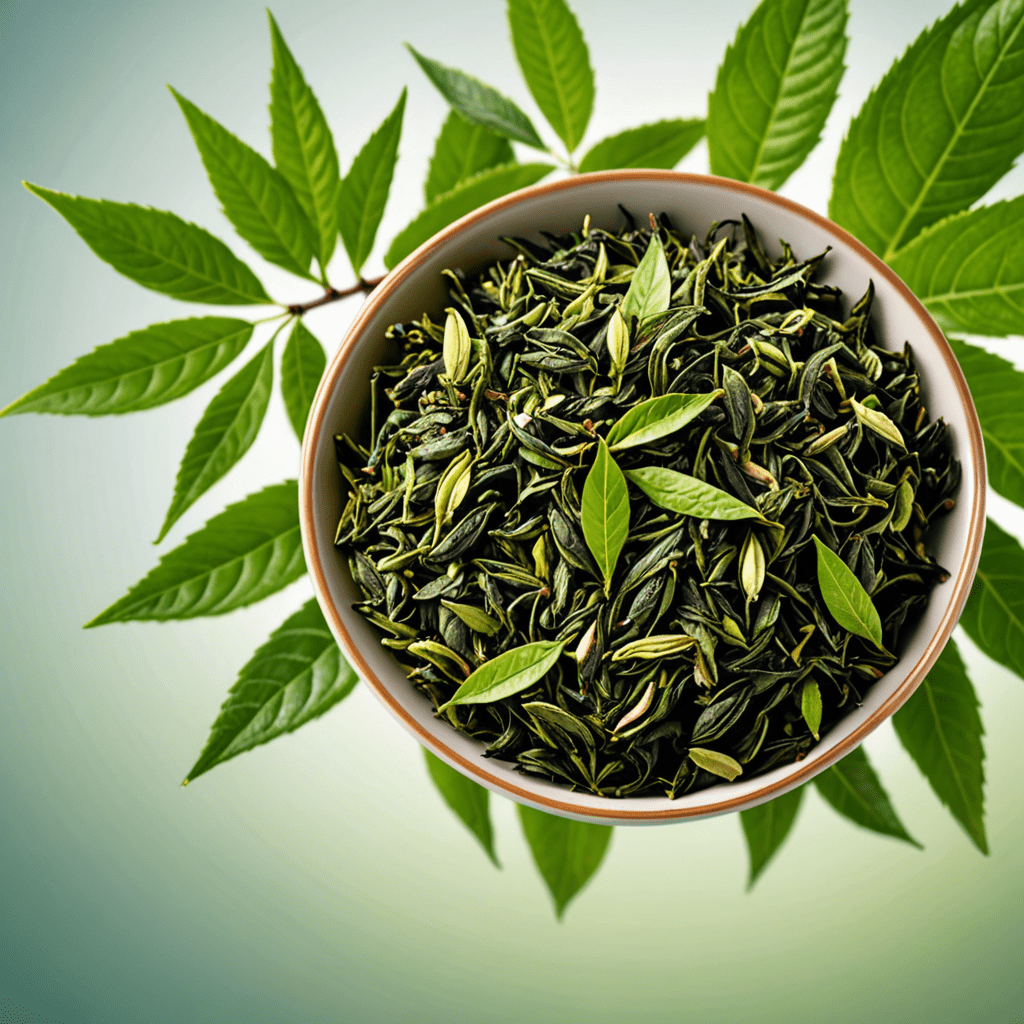Introduction
Tea has been cherished for centuries, renowned for its captivating flavors and aromatic qualities. But did you know that tea can also be a fantastic way to stay hydrated? In this article, we will delve into the world of tea and hydration, exploring the key elements and benefits of incorporating tea into your daily routine. Join us as we uncover the secrets to staying hydrated with the help of your favorite brew.
Key Elements
Element 1: Tea as a Source of Fluids
One of the key elements of tea and hydration is the fact that tea, just like water, is a source of fluids. Staying hydrated is essential for maintaining overall health and well-being, as water plays a vital role in various bodily functions. So, whether you enjoy a steaming cup of black tea or a refreshing iced green tea, each sip contributes to your daily fluid intake.
Element 2: Antioxidant Properties
Tea is rich in antioxidants, which are beneficial compounds that help protect the body against oxidative stress. These antioxidants, such as catechins in green tea and theaflavins in black tea, have been linked to numerous health benefits, including reducing the risk of chronic diseases. By incorporating tea into your hydration routine, you not only quench your thirst but also boost your body’s defense against harmful free radicals.
Element 3: Variety and Flavor
One of the joys of tea lies in its vast array of flavors and varieties. From delicate white teas to robust black teas, herbal infusions to fragrant oolongs, there is a tea to suit every taste preference. This variety encourages hydration, as you can experiment with different teas throughout the day to keep your hydration routine exciting and enjoyable.
Element 4: Caffeinated and Decaffeinated Options
Another important element to consider is the caffeine content of tea. While caffeine is a mild diuretic, meaning it can increase urine production, the impact on overall hydration is minimal. Tea contains significantly less caffeine than coffee, making it a hydrating choice. However, if you are particularly sensitive to caffeine or prefer to limit your intake, opting for decaffeinated tea varieties is a great alternative that still provides hydration benefits.
Tips for Tea and Hydration
Now that we understand the key elements of tea and hydration, let’s explore some practical tips to help you make the most of this hydrating beverage.
- Tip 1: Stay Hydrated Throughout the Day
Incorporating tea into your hydration routine involves sipping on your favorite brew throughout the day. Instead of consuming large quantities all at once, aim for regular sips to keep your hydration levels optimal. Consider keeping a thermos or a tumbler filled with your preferred tea nearby to remind yourself to drink regularly.
- Tip 2: Experiment with Flavors and Types of Tea
To make your tea-drinking experience enjoyable, experiment with different flavors and types of tea. Whether you prefer the briskness of a classic black tea or the delicate floral notes of a white tea, exploring the world of tea can keep your taste buds intrigued and motivated to stay hydrated.
- Tip 3: Consider Herbal Infusions
If you are looking for a hydrating option without the caffeine, herbal infusions are an excellent choice. Herbal teas, such as chamomile, peppermint, or hibiscus, are caffeine-free and offer a wide range of flavors and health benefits. These infusions can be enjoyed hot or iced, perfect for quenching your thirst throughout the day.
- Tip 4: Temperature Matters
While tea can be enjoyed hot, cold, or at room temperature, the temperature can affect the rate of hydration. Hot tea can be particularly hydrating, as the warm liquid is absorbed quickly by the body. However, if you prefer a cold brew or iced tea, make sure to drink larger quantities to compensate for the slower absorption rate.
Incorporating Tea and Hydration
Integrating tea and hydration into your daily routine is simple and customizable. Here are a few ideas to get you started:
- Idea 1: Start your morning with a cup of hot green tea or black tea to kickstart your hydration for the day. The mild caffeine content can provide a gentle boost of energy without compromising hydration.
- Idea 2: Keep a pitcher of iced herbal tea in your refrigerator. Infuse it with your favorite fruits, herbs, or even cucumber slices for a refreshing beverage that will keep you hydrated throughout the day.
- Idea 3: Make tea part of your self-care routine. Take a moment to unwind by brewing a calming herbal infusion like lavender or chamomile. Not only will it hydrate you, but it will also contribute to your overall well-being.
Idea 4: Consider incorporating tea breaks into your work routine. Take short breaks every couple of hours and enjoy a cup of your favorite tea. Not only will it keep you hydrated, but it will also provide a much-needed mental and physical break.
FAQ about Tea and Hydration
Q: Is tea a better hydrator than water?
A: While tea can contribute to your daily fluid intake, it is important to remember that water remains the gold standard for hydration. However, tea can be an enjoyable and flavorful way to meet your hydration goals.
Q: How much tea should I drink to stay hydrated?
A: There is no one-size-fits-all answer as everyone’s hydration needs vary. It is recommended to drink at least 8 cups (64 ounces) of fluid per day, including tea, to maintain hydration.
Q: Can I count caffeinated tea towards my daily fluid intake?
A: Yes, caffeinated tea can be counted towards your daily fluid intake. While caffeine has a mild diuretic effect, the overall hydration impact is minimal.
Q: Are there any teas to avoid for hydration purposes?
A: It is advisable to avoid heavily caffeinated teas, such as some black teas and certain specialty blends, if you are particularly sensitive to caffeine. Opt for decaffeinated or herbal teas instead.
Now that you are armed with the knowledge of tea and hydration, go forth and enjoy your favorite teas while staying hydrated and refreshed. Cheers to a healthy and flavorful journey!


